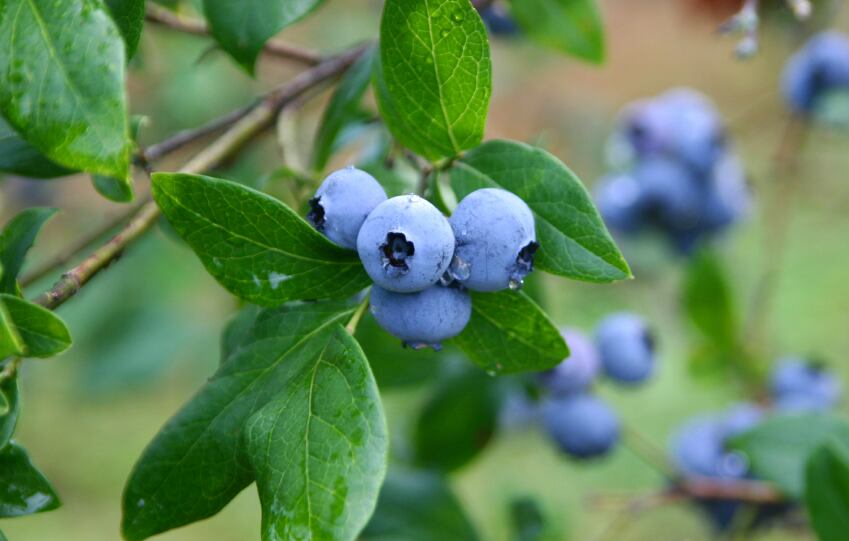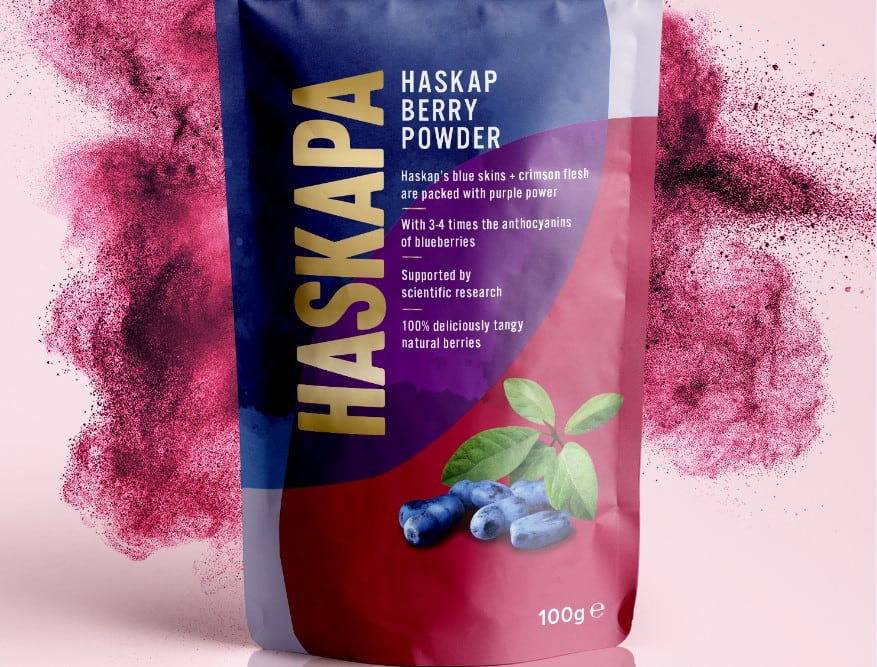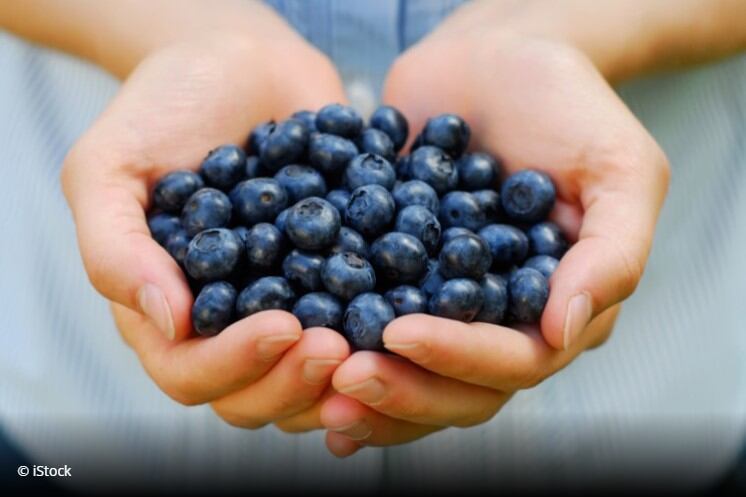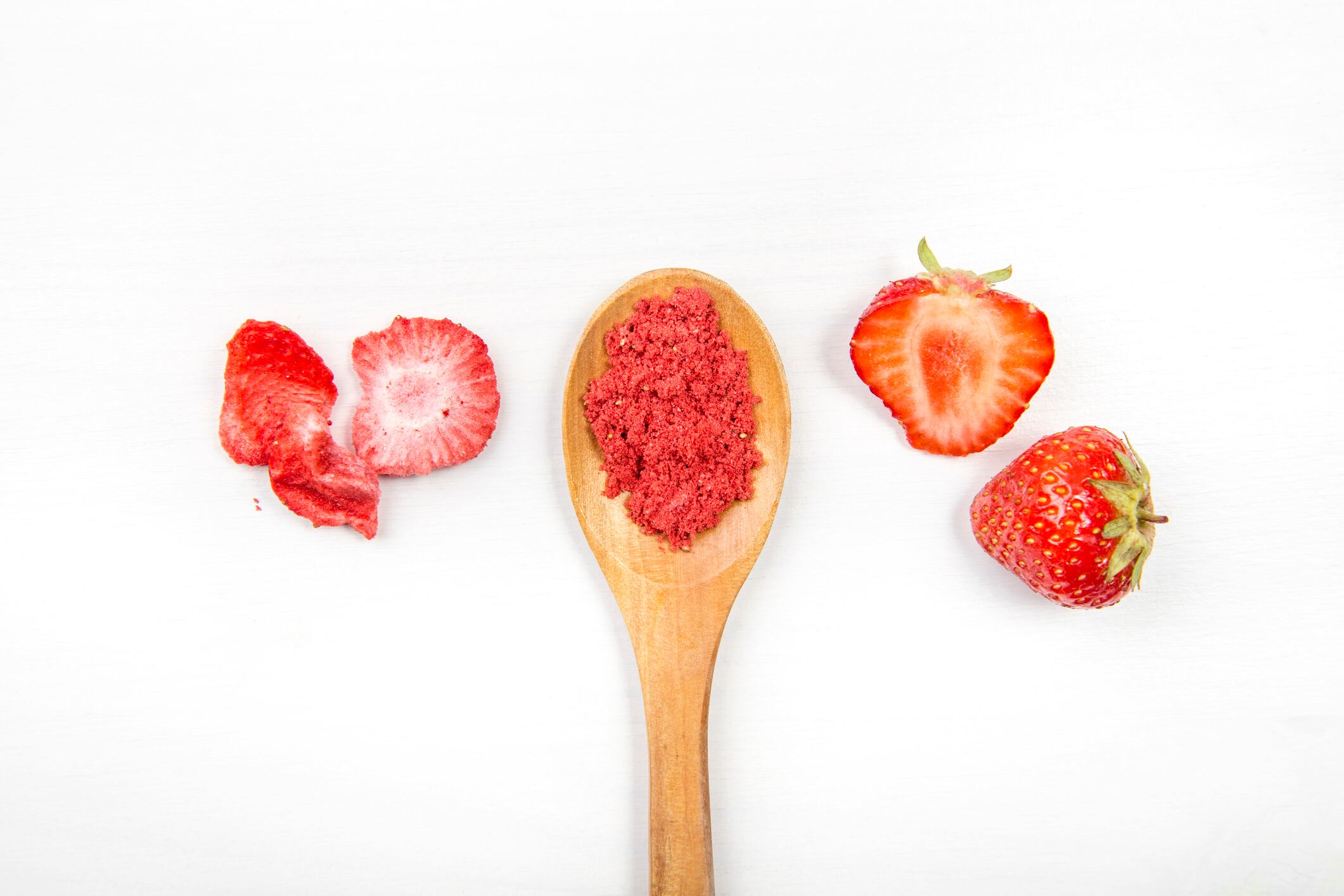A UK study published in Nutrients found daily consumption of whole blueberry or freeze-dried blueberry over one week had limited influence on risk indicators such as blood pressure (BP), pulse wave velocity (PWV), lipid profile, glucose, and plasma nitrites (NO2-) in healthy adults.
The results conform with evidence from other studies where risk-reductions were mainly observed in adults with elevated baseline inflammatory, hypertensive, hyperlipidaemia, and endothelial dysfunction risk factors.
“Blueberry interventions targeting generally healthy people have reported limited changes to outcomes. Here, all assessed endpoints for study participants were in the normal range, which could account for the absence of the improvement in assessed cardiovascular health,” the authors write.
“Furthermore, the dosage of blueberries was equivalent to that recommended by NHS, which was expected to augment the efficacy within a shorter term.”
Misleading evidence
Blood pressure is commonly evaluated as an indicator of cardiovascular function but studies exploring the ingestion of berries, or their polyphenol bioactive compounds, are unclear on BP, the report says.
Interventions on supplementation with freeze-dried powder (750 mg–50 g, four to six months) and berry juice (100-500 mL, two to 17 weeks), including blueberry, raspberry, and grape, have reported either no effects or improved effects on systolic BP (SBP) and DBP.
Significant improvements in diastolic BP (DBP) were noted in a subset of hypertensive but otherwise healthy subjects, in one study, and both acute and chronic blueberry consumption are known to lower CVD risks within this demographic.
Other research on short-term intake of blueberry powder demonstrated improvements in endothelial and cardiovascular function, while a six-week trial found no changes to endothelial function or NO levels.
However, the protective effects of whole fresh blueberry and blueberry powder supplementations on CVD have not been compared in clinical trials.
Inconclusive findings
Healthy participants were recruited to a random cross-over study investigating the effect of daily whole blueberry (160g) or freeze-dried blueberry powder (20g) consumption on endothelial function, BP, and blood lipids over a seven-day period.
Thirty-seven subjects completed the study. These were predominantly female (65%) with an average age of 26 years. Potential covariances of age, body mass index (BMI), energy intake, socioeconomic status, and physical activity of participants were not included in the analyses.
No improvements were observed with either treatment, although plasma NO2- improved by 69% and 4% respectively, compared to baseline, while levels decreased 9% in the control group.
The researchers explain that anthocyanins (ACNs) (rich polyphenol compounds) found in blueberries are associated with BP modulation as they prevent synthesis of vasoconstricting molecules.
“NO synthesis benefits both peripheral and cerebral peripheral blood flow. Clinical trials with dietary polyphenols have shown benefits on cardiovascular function, with one of the proposed mechanisms via the NO3 −-NO2 −-NO pathway.
“Despite these, the current study found no significant effect of the interventions on SBP, DBP, or plasma nitrite.”
Conclusion
There was no difference between whole blueberry and freeze-dried blueberry powder in improving CVD health over the study period and at the specified dosage (220mg and 288mg total polyphenol respectively).
However, the initial rise in NO2- warrants further investigation in a longer intervention to determine the benefits of nitrite levels on BP.
“Any regulatory effects on the NO systems due to blueberry polyphenols could be beneficial over a longer-term supplementation in addition to the acute (1–6 h) postprandial mechanisms,” they write.
Despite possible differences in bioavailability and absorption of bio-actives, neither treatment had a major effect on CVD function, although the study authors comment that observed effects may have been different in a cohort with disease risks.
Source: Nutrients
Published online: https://doi.org/10.3390/ nu14132562
‘Effects of Blueberry Consumption on Cardiovascular Health in Healthy Adults: A Cross-Over Randomised Controlled Trial’
Authors: Yueyue Wang et al.




